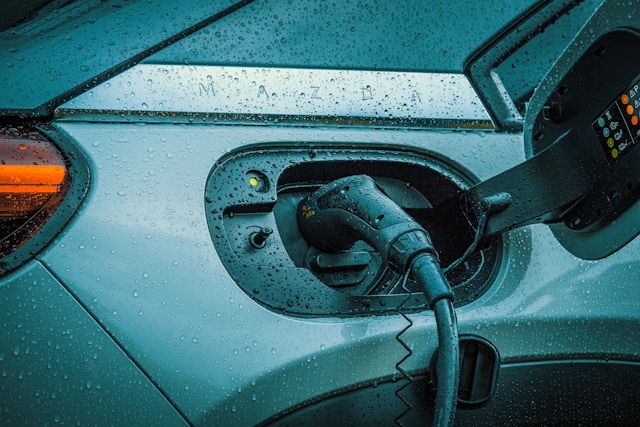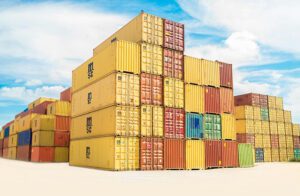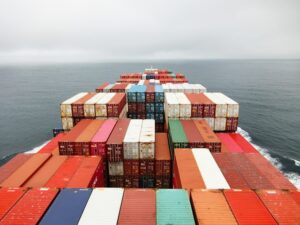Researchers at the University of Edinburgh have joined the fight against climate change by recycling rare metals for green technology using a unique tool: bacteria.
“For decades microorganisms have been used extensively in the areas of metal bioremediation and bioleaching, however their uses for metal bio-separation are still in the early stages,” according to a paper explaining the process.
The paper describes a technique by which waste from electric car batteries is dissolved and introduced to microorganisms that extract lithium, cobalt, manganese, and other minerals.
The bacteria then release the minerals in a “detoxification process,” Professor Louise Horsfall, chair of sustainable biotechnology at Edinburgh and a co-author of the study, tells The Guardian. As research progresses, scientists will genetically engineer bacteria strains to enhance their efficiency. “We need to be able to extract cobalt and nickel separately, which we cannot do at present” Horsfall explains.
Essential for climate tech
The minerals being recovered are essential to equipment that helps reduce carbon emissions, including photovoltaics, also known as solar panels, electric vehicles, and wind turbines.
Statista.com reports that 62 million metric tons of electronic waste were generated worldwide in 2022. Given the rarity of the vital metals on the planet, throwing them away is no longer an option.
Recycling could also be an alternative means of supplying rare minerals for countries worried about the supply chain of raw material for climate-friendly products.
China has maintained hegemony in access to reserves and the processing of rare metals, putting other countries, including the United States and EU member states, behind in climate and defense needs.
With new legislation mandating the substantial use of recycled metals in green technology production, demonstrating the successful reuse of these metals in new devices will be crucial. Bacteria can play a leading role in achieving the circular economy goal.














